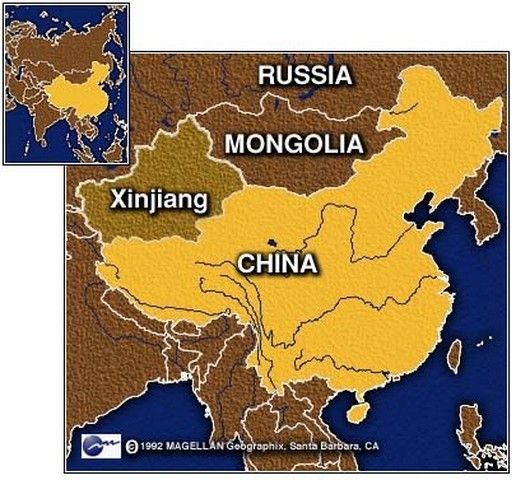Viewing results 1 - 6 of 26
BISHKEK (TCA) — Ilham Tohti's daughter Jewher Ilham accepted the 2019 Sakharov Prize for Freedom of Thought during the ceremony in Strasbourg on December 18 on behalf of her jailed father, the European Parliament reported on its website. Continue reading
BISHKEK (TCA) — The head of the government of China’s Xinjiang, at a press conference in Beijing on December 9, said the region is determined in counter-terrorism, deradicalization and maintaining development, Xinhua news agency reported. Continue reading
BISHKEK (TCA) — The US House of Representatives on December 3 approved a bill that would require the Trump administration to impose sanctions on senior Chinese officials over allegations of mistreatment of China's Uighur ethnic minority. To become law, the bill must pass the US Senate and then be sent to US President Donald Trump, Sputnik news agency reported. Continue reading
BISHKEK (TCA) — The United States has blacklisted 28 Chinese organizations for their alleged involvement in "human rights violations and abuses" against Uyghurs and other mostly Muslim ethnic groups in China's far western region of Xinjiang, RFE/RL reports. Continue reading
BISHKEK (TCA) — U.S. Secretary of State Mike Pompeo has called on all countries to reject China's demand to repatriate ethnic Uyghurs to China, where they face repression, RFE/RL reported. Continue reading
BEIJING (TCA) — UN Secretary-General Antonio Guterres discussed the plight of Muslims in China's northwestern Xinjiang Uyghur Autonomous Region in a recent meeting with Chinese President Xi Jinping, urging the Chinese leader to respect human rights, RFE/RL reported. Continue reading



